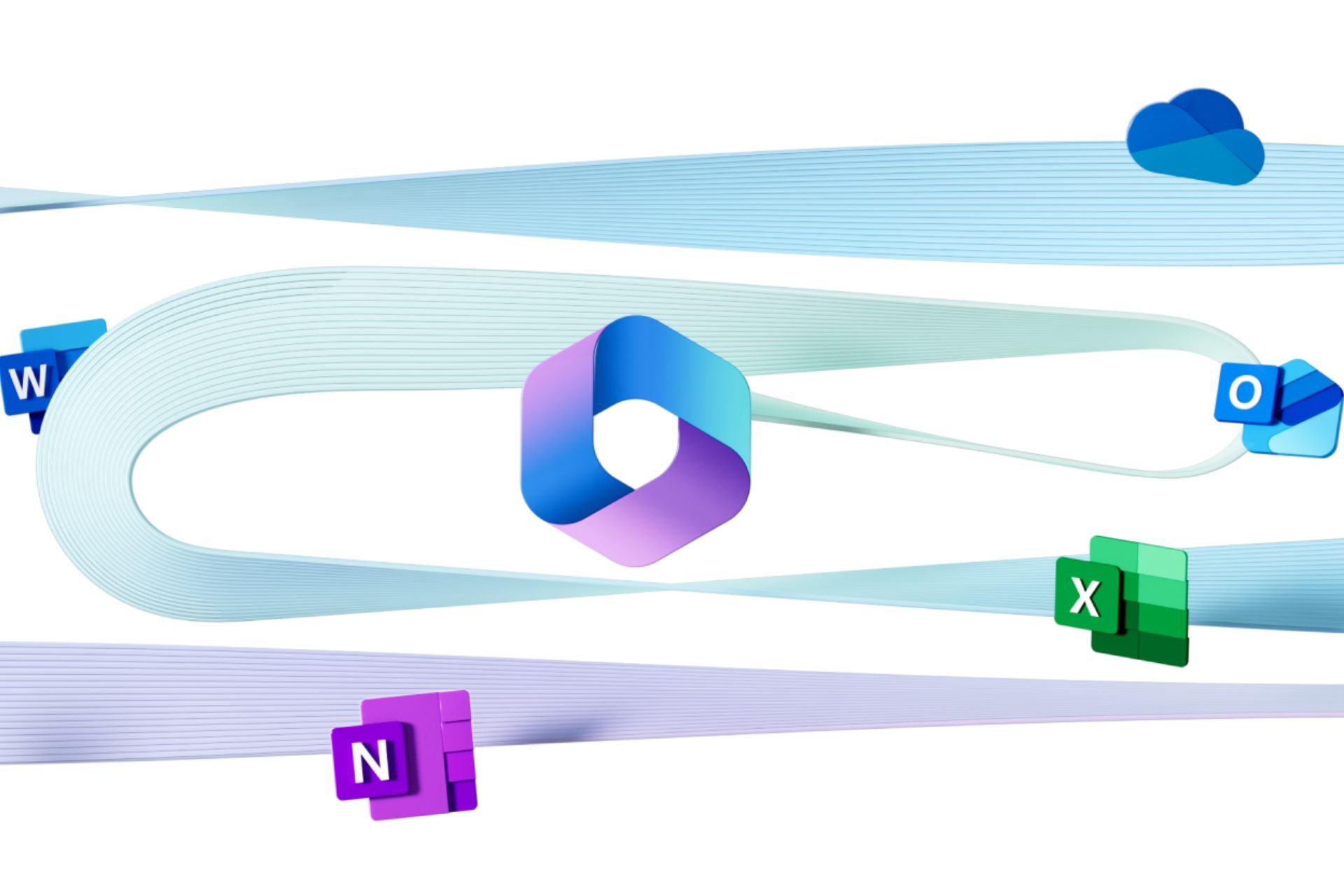Linux gained a significant market share, and Microsoft might have something to do with it
Windows users can access Linux on the Windows Subsystem for Linux platform.
2 min. read
Published on
Read our disclosure page to find out how can you help Windows Report sustain the editorial team. Read more

Linux managed to gain a significant 1.10% market share in only 5 months, bringing it to 4.03% in February 2024, according to the latest Statcounter statistics.
While this might not seem much, it is still significant especially when we tie it to the whole market: Windows still rules at 72.17%, while MacOS comes in second with 15.42%, and the third place is reserved for unknown operating systems, so even if Linux is currently the fourth most popular OS around, it might be the third.
However, the growth is the biggest Linux has ever experienced, and if it keeps it this way, the operating system might become a serious competitor to the likes of Windows or MacOS. The biggest plot twist?
Microsoft might actually have something to do with this growth, and we’re talking about Windows Subsystem for Linux.
In a similar way to the Windows Subsystem for Android, which is going to be deprecated soon, Windows Subsystem for Linux, which can be easily downloaded from Microsoft Store, or installed independently by running a simple command, allows Windows 10, and Windows 11 users to access Linux from the comfort of their Windows devices.
Sure, WSL only gives Windows users a taste of the mysterious operating system, but even so, it’s enough to make them install the whole thing on their devices.
The operating system has been in friendly partnerships with Windows and Microsoft, and recently Windows users (as well, as Linux users) have found out that with some workarounds, Linux can support Windows games.
So, if you think you want a more secure, more stripped experience of an operating system, you might want to try Linux. But for your own sake, try it in the Windows Subsystem for Linux, first, and see how you like it.
However, Linux is not as complex as Windows is, so don’t expect a lot of features, and definitely don’t expect AI tools to complete tasks for you.
While Microsoft surely doesn’t mind the friendly partnership, the fact that one of its Linux-oriented platforms, which the tech giant regularly updates, by the way, is an important factor in the growth of the Linux market share, might make the company reconsider its stance.
Well, let’s hope Microsoft doesn’t deprecate Windows Subsystem for Linux.








User forum
0 messages